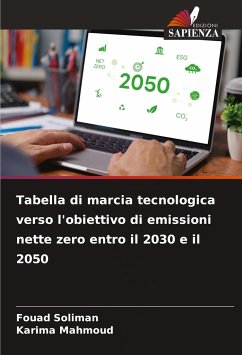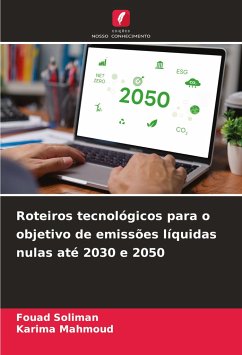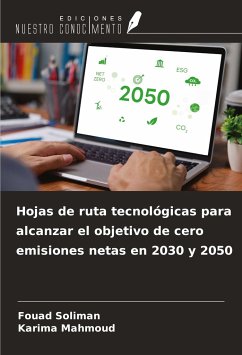
Technological Roadmaps to Net Zero Emissions Target by 2030 and 2050
Versandkostenfrei!
Versandfertig in 6-10 Tagen
53,99 €
inkl. MwSt.

PAYBACK Punkte
27 °P sammeln!
De-carbonizing the energy system begins with changes in demand, which lead to signified reductions in fossil fuel use by 2030 in the NZE Scenario compared to STEPS. Growing deployment of solar and wind generation displace fossil fuels in the power sector, particularly coal. Oil demand is reduced mainly through widespread adoption of electric vehicles and behaviour changes, while efficiency plays a major role in reducing demand in the industry and buildings sectors. Production capacity for many key materials and technologies needs to be scaled up to align with net zero ambitions.














